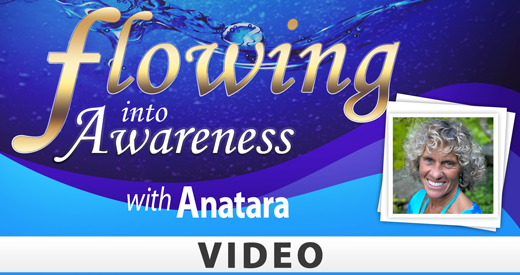1 Step at a Time – Yoga Positions For A Beginner
[post-img]Let’s review the following seven principles that will help beginners feel more relaxed and confident as they start their first class.
1. What’s in a name?
There are several practices of Yoga, including Kundalini, Iyengar, Ashtanga, Sivananda, Tantra, and Sahaja. Don’t be intimidated by these names. Each of these practices offers the yoga beginner a different approach toward achieving the same end, which is finding the balance between breath and movement. It is best to do some preliminary reading on each practice and allow yourself to explore and experience any or all of them in order to find the one that best fits your goals.
2. Your breath is essential.
As a yoga beginner one of the most surprising moments is when you settle into a relaxing pose and the teacher instructs you to take a deep cleansing breath, you find it a challenge to do so. Suddenly, you find that your breath won't reach any further than your upper chest. You hear the words "breathe through that pose", but you find that you can barely breathe at all. Well, don’t panic: this is why you have begun this practice. Yoga – for beginners and experienced practitioners alike – is about discovering how we can become more in tune with our life force – our breath.
[tip-fact]3. Watch your stretch.
Remember that you are a beginner, not someone who has spent years perfecting one pose. It is important not only to listen to your teacher, but also to listen to what your muscles are communicating. Experienced teachers will always make a point of asking you about any recent or recurring injuries prior to the class, but if they don’t ask, don’t be afraid to let them know.
4. What's in a pose?
The yoga beginner will be fascinated with the names of the positions of their yoga practice, such as the Warrior Pose, Downward Dog, and the Plank Pose. Each pose is designed to bring a sense of balance and flexibility, unlock stress or tighten muscles, and improve circulation throughout your entire body. One pose, which is called the Mountain pose, is thought at first glance to be a simple standing position with your feet close together. However, you will find that even the simplest of poses will require a focused mind and concentrated breathing technique.
[b-quote]5. It's about taking your time.
Yoga is a life-long practice. As a beginner, you must make a commitment to take it slowly. Share your questions with your teacher and ask for help to improve your poses. The more classes you take, the more you will find that your body will ease into the poses in one fluid motion. Your stamina to hold the pose will also increase with each completed movement.
6. Finding your way around the mat.
Is the mat plastic, hemp material, organic – or can you just use your bathroom towel? A good yoga mat is an essential tool of your practice. It allows you to have a padded area to easily balance and reduce slipping. At the beginning of your practice, however, you don't need to buy the most expensive brand of mat. Other items that you should familiarize yourself with are yoga blocks, straps and blankets. Each of these should be available in your classes and will assist you in improving your stretch.
7. Good in a group or on your own?
There are hundreds of yoga instructional tapes and DVDs, so where do you begin? Who do you trust to guide you through your first venture into yoga? You will be surprised at who you will find at a yoga class and where these classes are being held. Gyms, churches, community centers, and local colleges have all included yoga into their curriculum, and you will always find a class for beginners. Although the at-home DVD might entice you, it is best to begin with an experienced teacher, who will be able to guide you and adjust your posture for optimal results.
Consider the benefits of yoga if you are looking for a solution to your aching back or a reprise from the thumping noises and efforts of using the machines at your gym. Yoga for a beginner is bound to offer you the opportunity to alleviate stress and learn how to control your breathing, which is an essential element to a balanced life.




